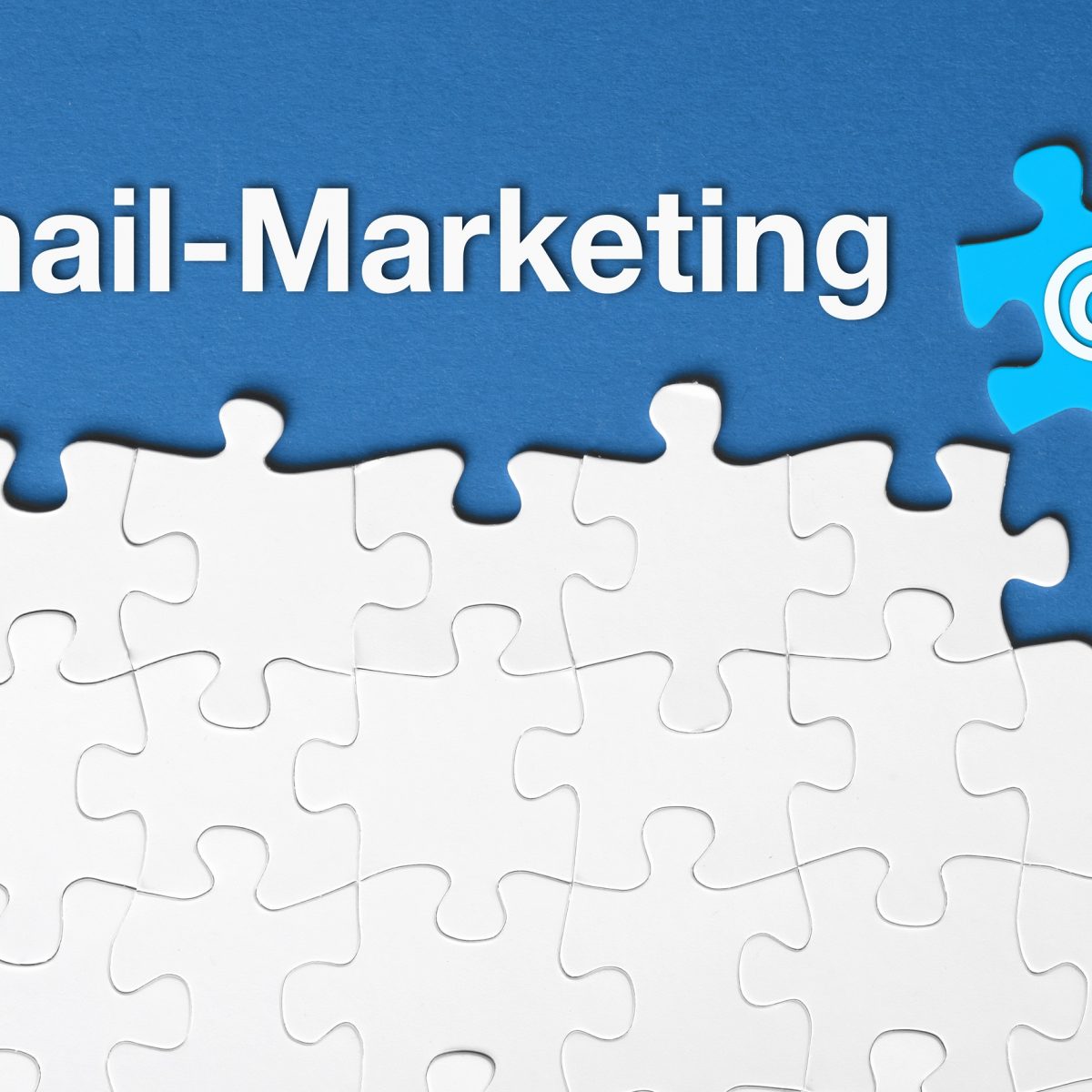Email marketing has an image problem to deal with today. Marketers, a group of professionals who in general like to stay on the cutting edge, tend to see this marketing method from the last century as too old to remain relevant. It’s an understandable feeling.
A study released by the Direct Marketing Association recently has found a number of reasons why no one should dismiss email marketing just yet. According to the study, successful email marketing programs manage an impressive 40-fold return on their investment. Not only should marketers not dismiss email marketing as irrelevant, they should invest wholeheartedly in it for its incomparable reach and effectiveness.
When people see Email Marketing as irrelevant, it is usually because they Compare it to Facebook Marketing
There’s so much hype surrounding the reach that Facebook offers with its 1 billion user base that other options may seem to pale in comparison. It is important, though, to look at the actual numbers. To begin, Facebook’s billion-strong user base, while impressive, is small when compared to the 3 billion people on email.
User base statistics aren’t even the most relevant figure to look at. One also needs to look at how engaged people are with each medium. More than 99% of all online communications is done over email. Facebook and Twitter, on the other hand, together account for no more than one half of one percent. A marketer who leaves email out of his marketing plan leaves out the way people communicate more than 99% of the time when online.
It doesn’t make Sense to think that Email Marketing is untargeted and Scattershot (while Facebook is Precise)
A marketer who is opposed to using email may choose to portray it as imprecise – a marketer has no way of knowing what kind of buying preferences an email marketing target may have. Communicating with people over Facebook, though, a marketer does get to delve into his profile and other points of information to use for targeting purposes. On the face of it, the argument does make sense. When you look deeper, though, email isn’t just superior to Facebook in sheer quantity and reach. It offers high quality traffic, too.
While email does not offer much explicit targeting, it is still the best way to write a full, personal letter. Businesses need the space to present the case for their business. Mail is also far more popular among customers above 40 – buyers with real money.
Even if your target customer base is regularly on Facebook, the rules don’t allow random messaging. If you send messages uninvited, they end up in a hidden folder called Other. A recent article in the New York Times discusses how most people aren’t even aware of the Other folder. To make sure that a business or personal message that you send to a person on Facebook actually reaches him, you need to pay Facebook a $1 charge for each message.
In other words, Facebook isn’t as workable a marketing medium as it might appear.
In people’s Minds, Email is a Commercial Medium
Perhaps the biggest problem with marketing through Facebook is that people don’t come to Facebook to be marketed to. They come there to have a personal conversation. Marketing messages on Facebook are often considered by users to be intrusive or invasive.
While email marketing is also considered invasive, email is a medium where people don’t feel the need to have their boundaries respected too much. People use their email for transactional dealings – work, purchases and complaints. They are likely more receptive to a marketing message when they are in an email state of mind.
Email is still your Top Strategy
Statistics from the Direct Marketing Association find that people visiting online marketing websites through email links are 1500% more likely (or 15 times) to convert than those coming through social networking links. It’s important for marketers to simply find a good hosting comparison website, locate the best website and email hosting services and get down to reaching their customers in the most effective way that they can online.
It can be difficult for most businesses to thrive if they dismiss visitors from their most promising source.
Gavin Carter is a top content marketer at his firm. He loves to share his ideas for content marketing on small business websites. For a up to date web hosting comparison service, visit VirtualHosting.com.




